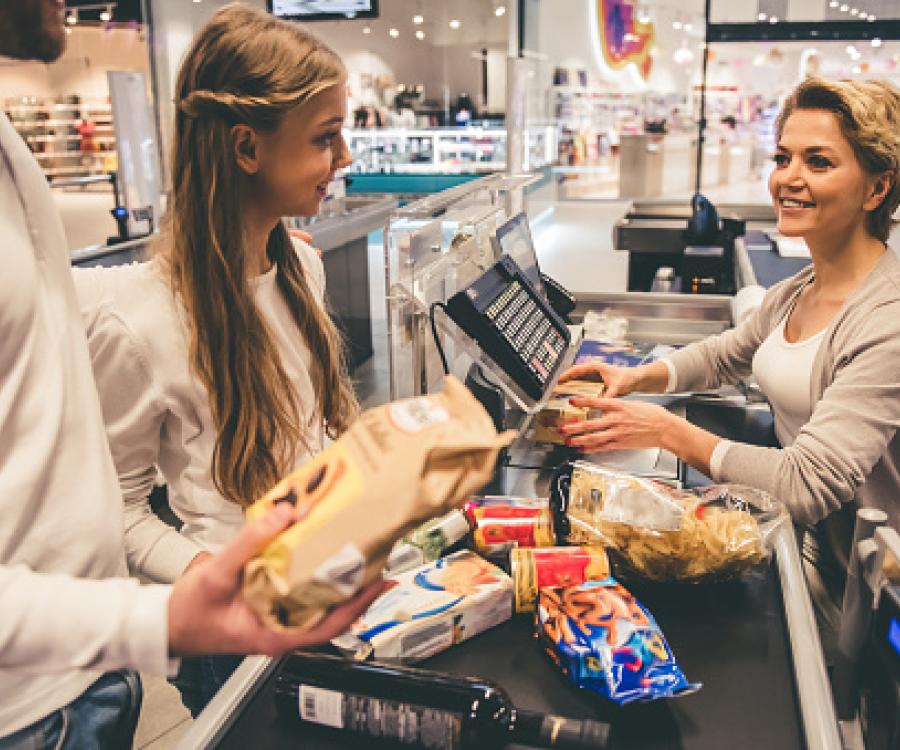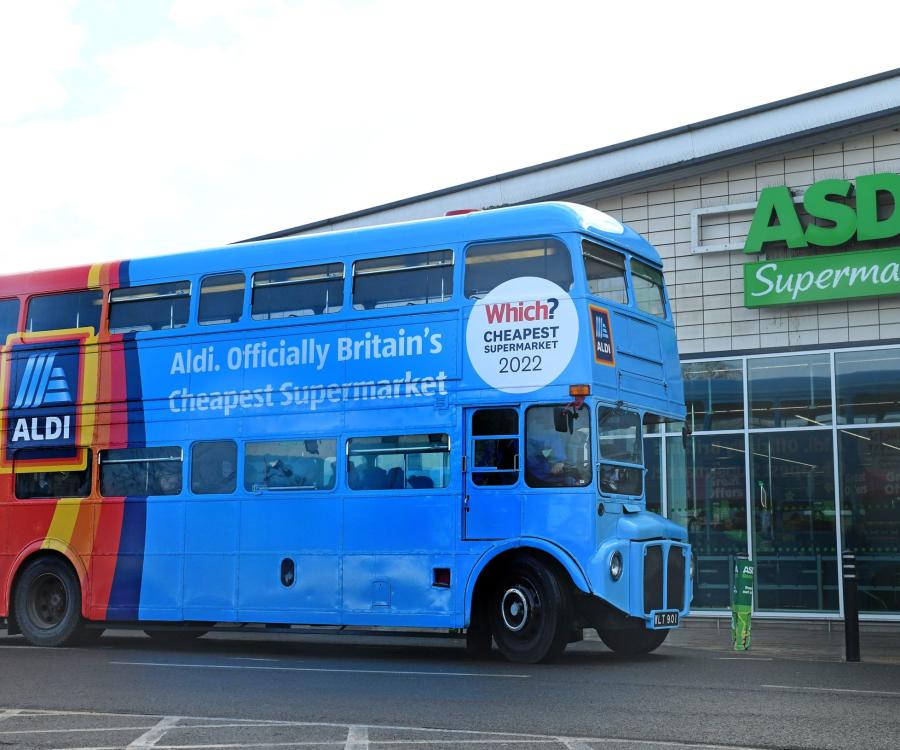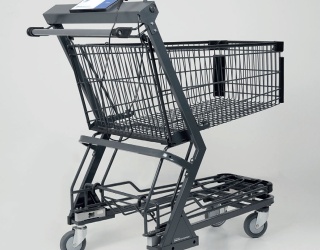The results of a nationwide LoyaltyOne survey show that U.S. grocery shoppers have a resounding message for grocery retailers who have been enticing them with fuel rewards for over a decade.
Fuel rewards alone aren’t winning their loyalty. Grocery discounts are the new value driver. In a March 2015 survey of 1,000 U.S. consumers, 72% said they’d prefer that grocers offer discounts in the aisle instead of at the pump.
The preference is strongest in the densely populated Northeast, where 81% said they’d opt for grocery discounts over gas savings. It’s weakest but still noteworthy, in the West, where 65% favored grocery discounts.
Among the biggest spenders, those who budget $700 a month on groceries, no less than eight out of ten (83%) expressed a preference for grocery discounts versus gas rewards. Similarly, the majority of shoppers (74%) spending $300 to $500 a month, said they prefer grocery discounts to gas savings.
Age-wise, older millennials are leading the charge for grocery discounts over gas rewards. Among shoppers 25-35 years old, 76% said they prefer grocery, rather than gas rewards. That’s five percentage points higher than any other age group in a range spanning from 18 years old to over-65.
“Too many grocers have become complacent with a one-offer-fits-all mentality about loyalty. Not only is a generic fuel offer not relevant to all customers, it equates to untargeted marketing spending undermining ROI,” LoyaltyOne Consulting Managing Partner Dennis Armbruster said.
“Fuel reward programs still have relevance and value, but our research and client engagements confirm they're also not a cure-all for building loyalty. Progressive grocers need to heed the signs. Few can afford to not leverage shopper data and explore alternatives or additions to their fuel programs to engage more customer segments, improve their marketing response and derive significant returns,” Armbruster said.
LoyaltyOne Consulting helps leading companies create differentiated loyalty programs and services that drive sales, ROI and maximize customer value. The organization also identifies high-risk gaps in the customer experience and value proposition, which according to this research is reliance on fuel alone.
Other key findings from the survey:
- 62% of respondents said they’d switch to grocery rewards if a grocer offering gas rewards gave them the option of a different type of reward
- 24% said they’d stay with gas rewards
- 8% said they’d opt for travel rewards
- 6% chose electronics, housewares or apparel
The survey results are based on an online survey in March 2015 of 1,000 American respondents. The survey’s margin of error is +/- 3.5% at the 95% confidence level.
Source: LoyaltyOne










